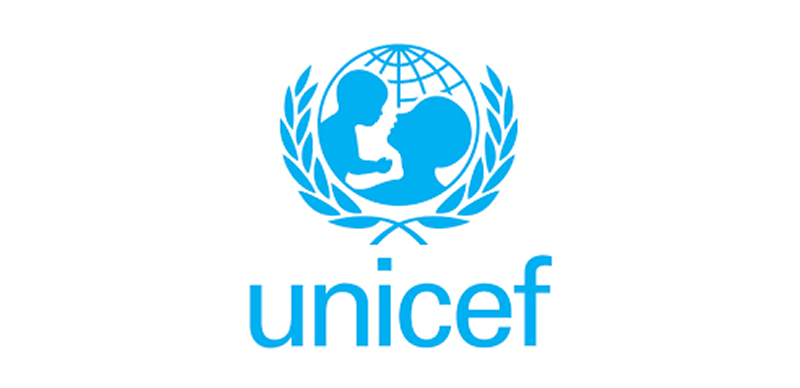The Imperative of Tree Planting: A Call to Action for Youth in Combating Climate Change
The United Nations Children’s Fund (UNICEF) has issued a resounding call to action, urging young people to embrace tree planting as an integral part of their lives. This appeal was made during the commemoration of World Environment Day 2025 in Bauchi, Nigeria, underscoring the urgency of environmental stewardship and the critical role youth play in safeguarding the planet’s future. The theme for the year, "Our Land, Our Future: We are #Generation Restoration," encapsulates the essence of this message, placing the responsibility for environmental rejuvenation squarely on the shoulders of today’s youth. UNICEF’s strategic engagement with tertiary institutions reflects a calculated effort to instill a culture of tree planting within the younger generation, ensuring the sustainability of this vital practice for generations to come.
The focus on tertiary institutions is not arbitrary. It represents a targeted approach to reach a demographic with the potential to become influential advocates for environmental protection. By educating and empowering young people in these institutions, UNICEF aims to create a ripple effect, whereby the message of tree planting extends from campuses into the surrounding communities. This grassroots approach is crucial for achieving widespread behavioral change and creating lasting impact. The initiative seeks to raise awareness among young people about the detrimental consequences of indiscriminate tree cutting, highlighting the urgent need to reverse this harmful practice. Moreover, it emphasizes the multifaceted benefits of tree planting, which extend beyond environmental preservation to encompass improved groundwater recharge and mitigation of climate change impacts.
The deleterious effects of deforestation are far-reaching and demand immediate attention. Tree cutting contributes to a cascade of environmental problems, including desertification, flooding, and the devastating loss of biodiversity. Each tree felled represents a lost opportunity for carbon sequestration, exacerbating the challenges of climate change. Conversely, every tree planted is an investment in a healthier future, a more stable climate, and a more robust economy. This message resonates deeply with the theme of intergenerational responsibility, emphasizing that actions taken today will directly impact the well-being of future generations. By planting trees, we not only restore degraded ecosystems but also cultivate a legacy of environmental consciousness for those who will inherit the planet.
The Bauchi State College of Agriculture has embraced this call to action, demonstrating a proactive commitment to environmental sustainability. The college has pledged to plant over 1,000 trees on its premises, serving as a model for other institutions and communities. This commitment reflects an understanding of the vital role educational institutions play in shaping environmental awareness and fostering eco-friendly practices among students. By incorporating environmental education into its curriculum and demonstrating a commitment to tree planting, the college is equipping its students with the knowledge and values necessary to become responsible environmental stewards. This approach ensures that the message transcends the classroom, influencing behavior and inspiring action within the students’ immediate surroundings.
UNICEF’s initiatives in Bauchi State extend beyond tree planting, encompassing a broader strategy to address the multifaceted impacts of climate change. The organization provides crucial technical assistance for the construction of climate-resilient toilets in schools, healthcare facilities, and other public spaces, recognizing the vulnerability of sanitation infrastructure to climate-related events. This proactive approach aims to strengthen the resilience of essential services, ensuring that communities can maintain access to safe and functional sanitation facilities even in the face of changing environmental conditions. By investing in climate-resilient infrastructure, UNICEF is contributing to long-term community well-being and reducing the risks associated with climate change.
The training of over 100 Toilet Business Owners in Bauchi State represents another facet of UNICEF’s comprehensive approach to climate change adaptation. These trained individuals play a pivotal role in supporting communities to upgrade their WASH (Water, Sanitation, and Hygiene) facilities, ensuring that these facilities are designed and constructed to withstand the challenges posed by a changing climate. This capacity building initiative empowers local businesses to become active participants in climate resilience efforts, creating a sustainable and community-driven approach to adapting to the impacts of climate change. By fostering local ownership and expertise, UNICEF is ensuring the long-term effectiveness of these interventions and strengthening the overall resilience of communities in the face of climate-related challenges. The combined efforts of tree planting, climate-resilient infrastructure development, and community engagement represent a holistic strategy to mitigate the impacts of climate change and secure a sustainable future for generations to come.


